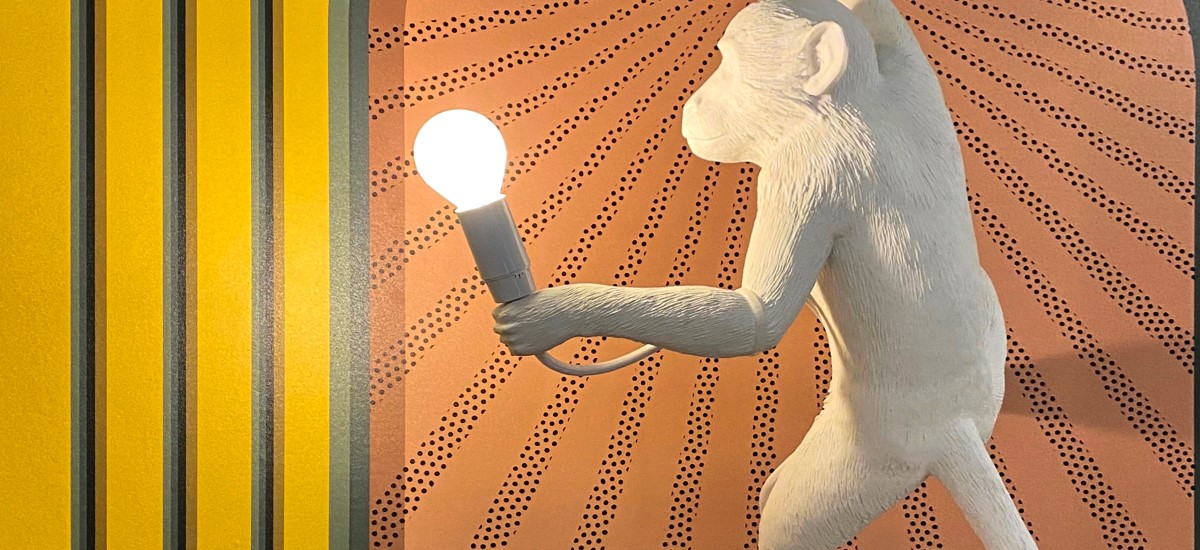Tools that look human might make us underestimate the hard work of people using them, says new study

Photo by Jennifer Griffin (external link) on Unsplash (external link, opens in new window)
Can you imagine if we start thinking tools are doing some of the work for us? Well, it turns out, when we humanize tools too much, it actually affects how much credit people give to those who use them. This happens because when we see tools as kind of like little helpers with their own personalities, we think the people using them are putting in less effort. We did several studies to check this out. In one study, we looked at a city-cleaning project where people were doing something good for the community. Another study looked at how this idea applies when you're tipping someone for a service. We found that when tools seem more human, people tend to think the person using the tools is putting in less effort. We also figured out that the reason behind this is that when tools seem alive, we believe they're doing some of the work, making it look like the person using them isn't working as hard. We made sure it's not just about trying to see things from another person's point of view. And get this – we even found that if you mention how hard the person is working explicitly, it can change how we see things. One last thing, we discovered that some people's beliefs about the world being fair or not play a role in how they see this situation. So, in a nutshell, our research helps us understand how we perceive people using tools in different situations. It's not just a cool discovery for science; it can also help us think about how we appreciate the efforts of those who use tools in our everyday lives. Huang, J., Wang, L., & Chan, E. (2024). When does anthropomorphism hurt? How tool anthropomorphism negatively affects consumers' rewards for tool users (external link, opens in new window) . Journal of Business Research, 170, 114355.
Huang, J., Wang, L., & Chan, E. (2024). When does anthropomorphism hurt? How tool anthropomorphism negatively affects consumers' rewards for tool users (external link, opens in new window) . Journal of Business Research, 170, 114355.